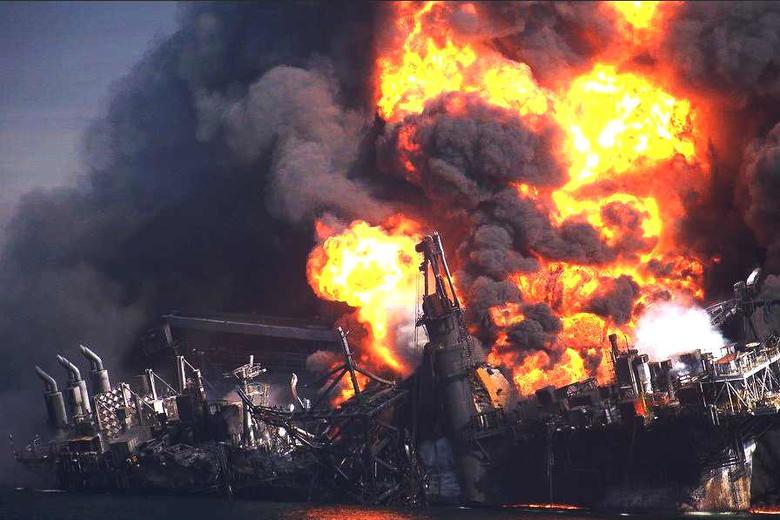
BP: MEETING THE ENERGY CHALLENGE

Population and economic growth are the main drivers of global energy demand. The world's population is projected to increase by 1.7 billion from 2012 to 2035, with real income likely to more than double over the same period. Therefore the overall trend is likely to be one of increased energy demand, even with new climate policies and a shift towards less energy-intensive activities in fast-growing economies.
World demand for energy to increase by as much as 41% between 2012 and 2035, with nearly 95% of the growth to occur in non-OECD countries. While energy is available to meet growing demand, action is needed to limit carbon dioxide (CO2) and other greenhouse gases emitted through fossil fuel use.
Energy security represents a challenge in its own right. More than 60% of the world's known reserves of natural gas are in just five countries, and more than 80% of global oil reserves are located in nine countries, most of which are distant from the hubs of energy consumption.
Meeting growing demand for energy that is secure and sustainable will also present an affordability challenge. Fossil fuels will become less easily accessible, and many low carbon resources will remain costly to produce at scale.
Effective policy
Governments must set a stable and enduring framework for the private sector to invest and for consumers to choose wisely. This includes secure access for the exploration and development of energy resources; mutual benefits for resource owners and development partners; and an appropriate legal and regulatory environment, which includes an economy-wide price on carbon.
Energy efficiency
Greater efficiency addresses several aspects of the energy challenge. It helps with affordability – because less energy is needed. It helps with security – because it reduces dependence on imports. And it helps with sustainability – because it reduces emissions. Innovation can play a key role in improving technology design, process and use of materials, bringing down cost and increasing efficiency. In transport, for example, we believe that efficient powertrain technologies and combustion engines that use biofuels could offer the most cost-effective pathway to a secure, lower-carbon future.
A diverse mix
A diverse mix of fuels and technologies can enhance national and global energy security while supporting the transition to a lower-carbon economy. These are reasons why BP's portfolio includes oil sands, shale gas, deepwater oil and gas and biofuels.
Oil and natural gas
Oil and natural gas are likely to play a significant part in meeting demand for several decades. We believe these energy sources will represent about 54% of total energy consumption in 2035. Even under the International Energy Agency's most ambitious climate policy scenario (the 450 scenario), oil and gas would still make up 47% of the energy mix in 2035.
Oil to remain the dominant source for transport fuels, accounting for as much as 87% of demand in 2035.
Natural gas, in particular, is likely to play an increasingly strategic role. Shale gas is expected to contribute 47% of the growth in global natural gas supplies between 2012 and 2035. The shale gas revolution has already had a significant impact on gas prices and demand in the US. It has also had an impact on the US's CO2 emissions, which have fallen below what they were 20 years ago.
New sources of hydrocarbons are more difficult to reach, extract and process. BP, and others in our industry, are working to improve techniques for maximizing recovery from existing and currently inaccessible or undeveloped fields. In many cases, the extraction of these resources might be more energy-intensive, which means operating costs and greenhouse gas emissions from operations may also increase.
Renewables
Renewables will play an increasingly important role in addressing the challenges of energy security and climate change over the long term. Renewables are already the fastest-growing energy source, but they are starting from a low base. By 2035, we estimate renewable energy, excluding large-scale hydroelectricity, is likely to meet around 7% of total global energy demand.
Temporary policy support is needed to help commercialize lower-carbon options and technologies, but they will ultimately need to become commercially self-sustaining, supported only by a carbon price.
bp.com





